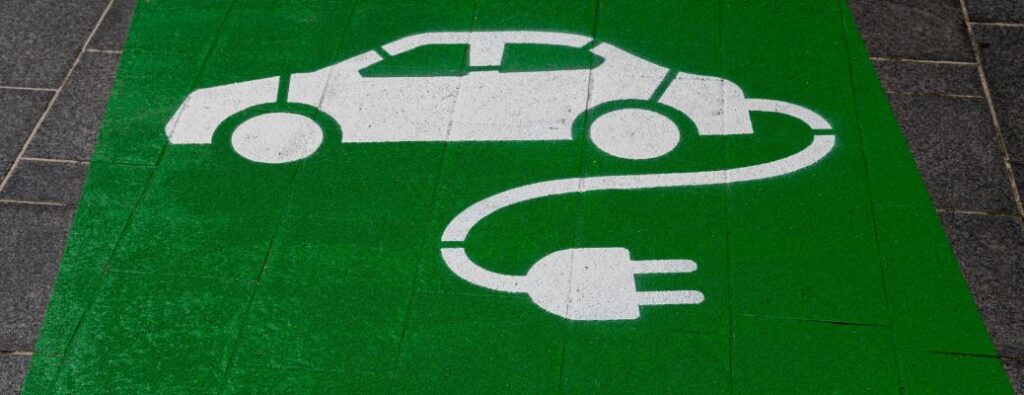Over the years, electrified vehicles have emerged as a pivotal force driving change and sustainability. This blog will discuss the electrified vehicles in India, offering a comprehensive exploration of their definition, global significance, historical trajectory, and the profound impact they are set to make on the Indian market.
What are Electrified Vehicles?
Electrified vehicles, comprising electric cars, hybrids, and plug-in hybrids, represent a transformative shift in the way we approach transportation. At their core, these vehicles are propelled by electricity, mitigating reliance on traditional fossil fuels. Their significance extends beyond personal mobility, addressing the pressing need for environmentally responsible transportation solutions. As catalysts for reducing emissions and fostering sustainability, electrified vehicles stand at the forefront of shaping the future of the automotive industry.
The world is becoming environmentally conscious as years go by and there exists a discernible global inclination towards sustainable transportation. Nations are steering their automotive trajectories toward cleaner alternatives, aligning with the collective commitment to combat climate change. India’s journey with electrified vehicles, though relatively recent on a global scale, reflects the growing awareness of environmental concerns. A concise exploration of the historical timeline sheds light on the initial endeavors, breakthroughs, and challenges that have paved the way for the current surge in electrified vehicles within the country.
Through a detailed examination, this blog aims to unveil not only the present state but also the anticipated trajectory of electrified vehicles in India. Join us in this insightful journey, as we illuminate the path toward a cleaner, more sustainable future for Indian mobility.
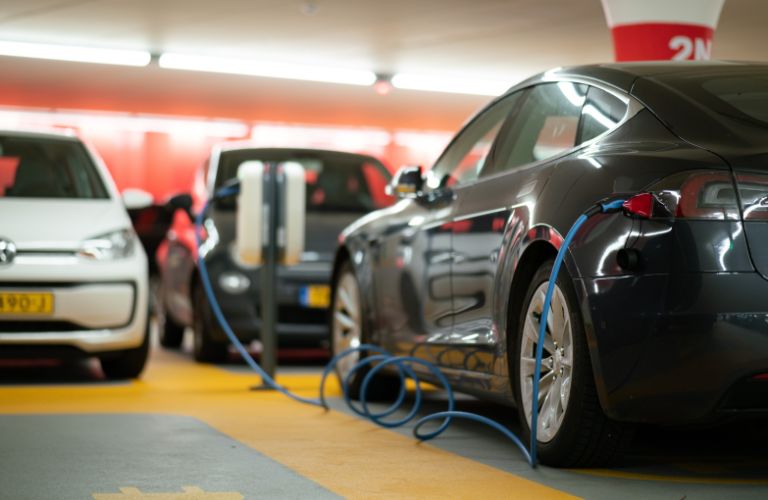
The State of Electrification in India
In examining the current landscape of electrified vehicles in India, a profound transformation is underway, marked by noteworthy market trends and a positive shift towards sustainability.
As of late 2023, electric cars in India have experienced a steady ascent, with an increasing market share reflective of a growing acceptance among consumers. This trend mirrors a global awakening to the environmental benefits and cost efficiency of electric vehicles. The Indian government has been a pivotal force in steering the electrification narrative. Robust policies and initiatives incentivize the adoption of electric cars, encompassing subsidies, tax benefits, and regulatory frameworks. These concerted efforts aim to propel India towards a greener and more sustainable automotive future.
Leading the charge are key players in the Indian electrified vehicle market, including established automakers and new entrants dedicated to advancing the cause of sustainable mobility. Their collective efforts contribute significantly to shaping the evolving landscape. A critical aspect of electrification is infrastructure development, particularly the establishment of charging stations and battery-swapping facilities. These infrastructural investments play a pivotal role in enhancing the accessibility and convenience of electric vehicles for users across the nation.
Despite the promising trajectory, challenges persist, ranging from concerns over charging infrastructure to the affordability of electric cars. These challenges, however, present opportunities for innovation and collaboration, fostering a dynamic environment for the growth of electrified vehicles in India. The road ahead, though nuanced, holds immense potential for a sustainable and eco-conscious automotive future.
Advantages of Electrified Vehicles
The advantages inherent in the adoption of electrified vehicles, particularly electric cars in India, extend beyond the realm of personal mobility. This led to a transformative era in the automotive sector.
First among the advantages is the environmental stewardship offered by EV cars in India. These vehicles substantially diminish carbon emissions, providing a respite to the environment by curbing the release of harmful pollutants associated with traditional combustion engines.
Beyond their eco-friendly appeal, electrified vehicles bring tangible benefits to consumers. The lower operational costs, stemming from reduced reliance on conventional fuels. This translates into substantial savings for vehicle owners. Moreover, the simplified nature of electric vehicles often leads to decreased maintenance expenditures, providing a more economical ownership experience.
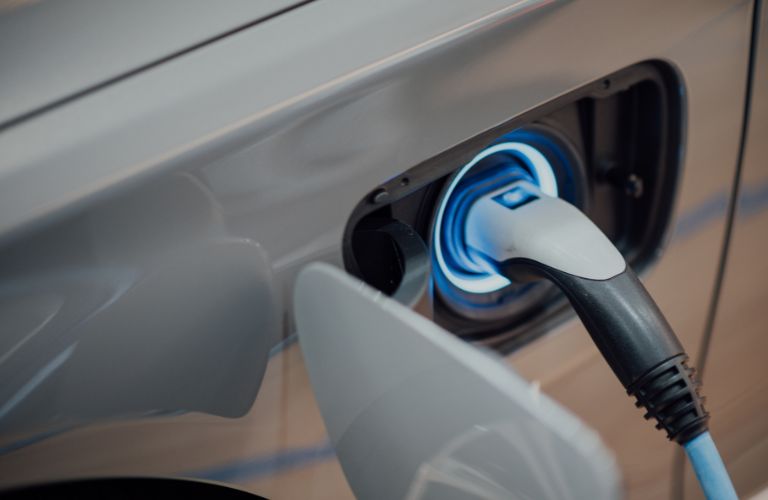
Modern electrified vehicles are not just about reducing environmental impact; they represent technological innovation. These vehicles boast modern features, from advanced infotainment systems to autonomous driving capabilities. The integration of state-of-the-art technology transforms the driving experience and aligns with the evolving demands of the contemporary consumer.
The adoption of electrified vehicles contributes significantly to the reduction of air pollution, especially in densely populated urban areas. By mitigating reliance on fossil fuels, these vehicles play a pivotal role in alleviating the burden of air quality degradation and promoting cleaner and healthier surroundings.
In a nutshell, the collective impact of these advantages propels India towards a sustainable and greener future. The adoption of electrified vehicles aligns with the nation’s commitment to environmental responsibility, setting the stage for a paradigm shift in the automotive landscape. As consumers increasingly recognize these advantages, the momentum towards electrification becomes not just a choice but a collective endeavor toward a more sustainable tomorrow.
[3-minute read: How Regenerative Braking Technology Boosts Automobile Industry]
Diversity in Electrified Vehicle Models in India
Drivers in India who prefer electrified vehicles have a spectrum of vehicle choices catering to varied preferences and needs. This section delves into the richness of this diversity, encompassing different vehicle types and their unique contributions to the Indian mobility paradigm. I’ll not get into the brands here as I don’t endorse any.
India’s embrace of electrified vehicles goes beyond cars, extending to an array of options. From compact cars to two-wheelers and three-wheelers, the market offers a diverse range of choices, each designed to address specific mobility requirements. An exciting facet of this diversity lies in the availability of affordable electric vehicles, aligning with the economic sensibilities of a wide consumer base. These budget-friendly options make electrified mobility across India more affordable.


Small electric cars have carved a niche for themselves for their affordability and their suitability in navigating the intricacies of urban environments. Their compact design provides sustainable and convenient urban mobility solutions. For those seeking top-tier performance and features, the Indian market boasts an impressive lineup of high-performing electric cars.
Beyond four-wheelers, the narrative of electrified vehicles in India is incomplete without acknowledging the pivotal role played by electric scooters and rickshaws. The affordability and accessibility of electric scooters and rickshaws make them integral components of India’s electrified vehicle narrative. Offering cost-effective alternatives to traditional fuel-powered counterparts, these vehicles not only reduce the economic burden on commuters but also make sustainable mobility accessible to a wider demographic, including daily wage workers and small business owners.
Overcoming Challenges and Future Outlook
In steering India towards an electrified future, a range of challenges surfaces, each presenting an opportunity for strategic solutions and collaborative efforts. Key among these challenges are the range anxiety and the need for a robust charging infrastructure. Addressing range anxiety requires a twofold approach—improvements in battery technology to enhance range and the establishment of an extensive network of fast-charging stations.
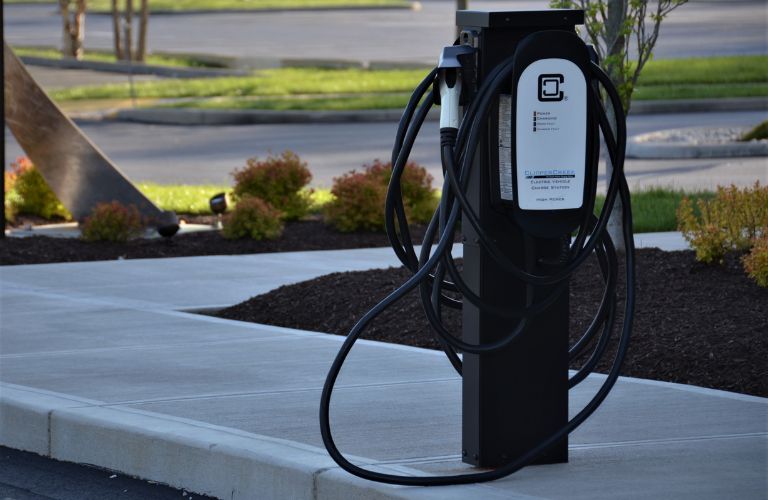
Government initiatives play a pivotal role in propelling the electric vehicle (EV) movement forward. Incentivizing the adoption of cheap EVs in India through subsidies and tax benefits forms a cornerstone of these policies. Such strategic interventions aim not only to make electric vehicles economically viable but also to create a conducive environment for widespread adoption.
Looking ahead, technological advancements are poised to redefine the landscape of electrified vehicles in India. Anticipated breakthroughs include more efficient batteries, faster charging capabilities, and the integration of smart technologies for an enhanced user experience. These advancements position electric vehicles not just as eco-friendly alternatives but also as technologically sophisticated and appealing options for the discerning consumer.
The automotive industry buzzes with excitement when discussing future models and innovation. From compact urban solutions to high-performance electric vehicles, manufacturers are aligning their portfolios with the evolving preferences of the Indian consumer. This anticipation of innovative models signals a dynamic shift in the automotive market, offering consumers a diverse range of electrified options.
As challenges are met with strategic solutions and technology continues to evolve, the future projections for the growth of electrified vehicles in India are optimistic. With an increasing focus on sustainability, coupled with supportive government policies and advancements in technology, electrified vehicles are set to carve a substantial niche in the Indian automotive landscape. The trajectory indicates not just a shift in vehicle preferences but a collective commitment towards a cleaner, greener future for mobility in India.
The Future of Electrified Vehicles in India Looks Exciting!
In wrapping up our comprehensive exploration of electrified vehicles in India, we find ourselves at the intersection of transformative change and sustainability. The journey from defining these vehicles to dissecting their impact on the Indian market has been a revelation, highlighting the pivotal role they play in shaping the future of mobility.
At its essence, the adoption of electrified vehicles signifies more than just a shift in personal transportation.
It represents a collective commitment to reducing our carbon footprint and addressing environmental concerns. This is steering the automotive industry toward a sustainable future. The significance of electrified vehicles spans electric cars, hybrids, and plug-in hybrids. It lies in their ability to propel us forward into an era where reliance on traditional fossil fuels is mitigated.
As we traverse the global landscape, it becomes evident that nations, India included, are embracing cleaner alternatives. The growing market share of electric cars in India attests to a nationwide awakening to the environmental benefits and cost efficiency of electrified vehicles. Our government’s proactive stance is manifested through subsidies and tax benefits aimed at promoting cheap EVs in India. This reinforces the nation’s commitment to a greener automotive future.
Looking ahead, technological advancements on the horizon promise to redefine the very fabric of the Indian electrified vehicle market. Efficient batteries, faster charging capabilities, and smart technologies are important. They help transform electric vehicles into not just eco-friendly alternatives but also sophisticated and appealing options for consumers.
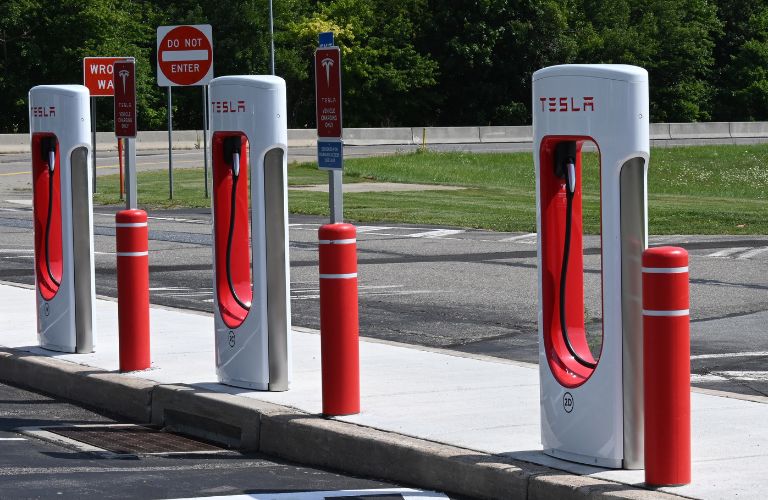
The diversity in electrified vehicle models spans small electric cars, high-performing models, and nimble two- and three-wheelers. This range caters to the varied preferences and needs of Indian drivers. This diversity, coupled with government initiatives and infrastructure development, lays the foundation for a robust and inclusive electrification narrative.
Yet, challenges persist, from concerns over charging infrastructure to the affordability of electric cars. These challenges, however, are not roadblocks but rather opportunities for innovation and collaboration. The road ahead holds immense potential for a sustainable and eco-conscious automotive future.
Finally, let us recognize the transformative impact electrified vehicles can have on India’s automotive landscape. The call to action is clear—consider electrified vehicles for your next purchase. This way you can contribute to a sustainable and eco-friendly transportation future. Individuals play a crucial role in steering the course towards a cleaner, greener India. Let’s go green!
[Read this exciting blog: What is Metaverse? Is it a Reality or Just Sci-Fi?]
